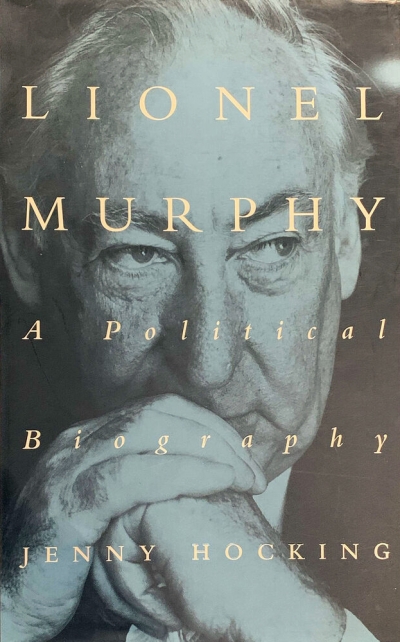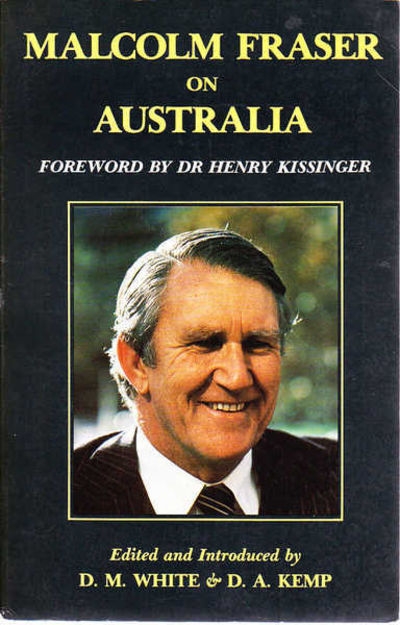James Walter
Malcolm Fraser On Australia edited by D.M. White and D.A. Kemp
The Ministers’ Minders: Personal advisers in national government by James Walter
This book is about the role played by ministerial staff in Australian federal government. It is particularly concerned with the potential influence on policy making that this group may have through their capacity to advise ministers. It is, then, about the nature of the relations between personal advisers and their principals – a general issue that can be explored through history, and in countries other than Australia (see chapter 2). From the outset, however, it is important to differentiate between advice to ministers and advice to government, and the term ‘adviser’ does not sufficiently alert us to that differentiation. Indeed, the term ‘adviser’ is traditionally used to signify public servants, who are formally charged with the responsibility of advice to government. I have therefore elected to borrow the term ‘minder’, a term that is creeping into journalism and into the vernacular to refer to a member of a minister’s staff. We can thus distinguish at once between minders (personal advisers) and mandarins (public servants).
... (read more)


